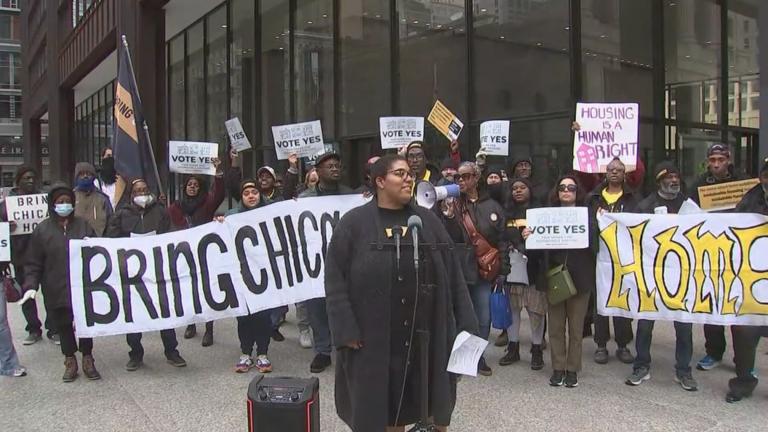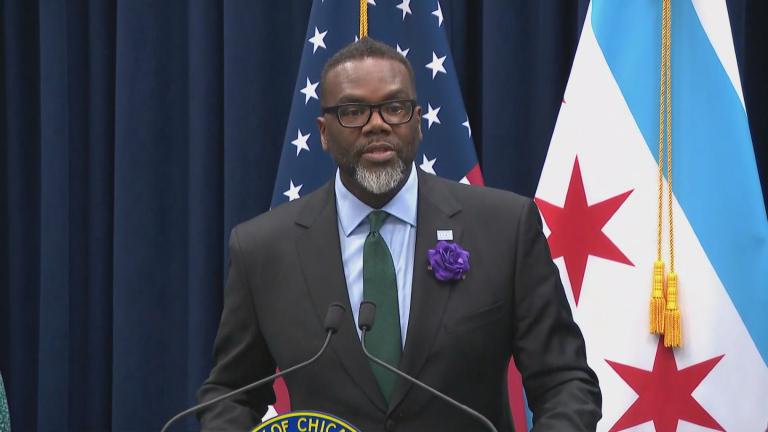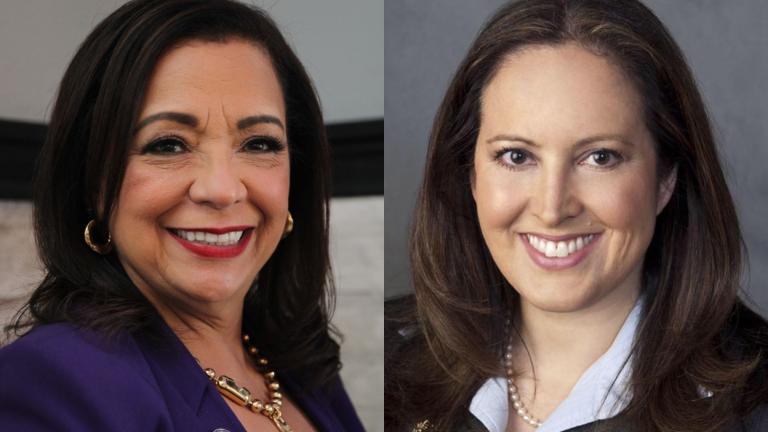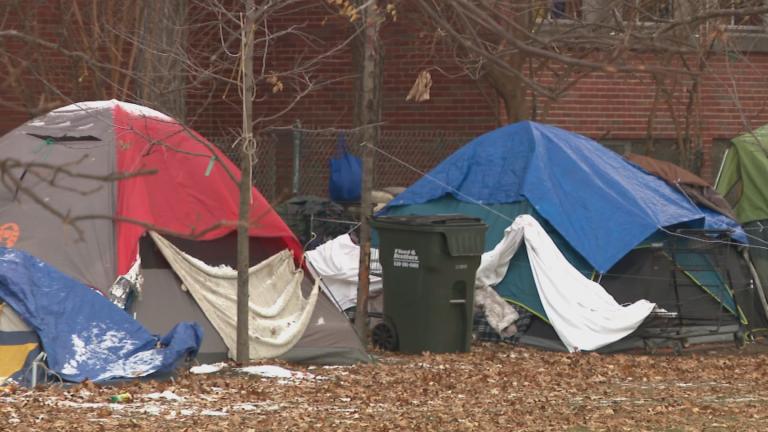It was another cold day for Chicagoans as temperatures felt as cold as 2 degrees below zero Monday.
While frigid temperatures persist, leaders are working to address the needs of Chicago's homeless population both on an emergency basis and with long-term solutions in mind.
Neli Vazquez Rowland, co-founder and president of local nonprofit A Safe Haven, has been on the frontlines of the issue for the past 27 years.
“This is the worst we’ve ever seen it,” Rowland said about the rise in demand for services. “We are getting inundated with calls, emails and walk-ins from people that never imagined they would ever need help like this before.”
In April 2020, her team opened a free medical respite center for Chicagoans, including those who are homeless. The center has served over a thousand people with no reported deaths.
“Seeing what was happening around the world with hospitals being overwhelmed, we were seriously concerned that the homeless were going to be at the bottom of the list when it comes to being offered help and a hospital bed,” Rowland said.
A medical team from Rush University Medical Center works side by side with A Safe Haven’s behavioral health care team to meet the needs of Chicago’s homeless population who are also COVID-19 positive.
The respite center has been at capacity for the past three weeks with 65 beds occupied amid the omicron surge and are working to raise capacity back to 100, according to Rowland.
The city’s budget proposal for the 2022 fiscal year includes up to $214 million in housing assistance for Chicago’s homeless population, with funding provided by the American Rescue Plan, also known as the federal stimulus package, but Rowland believes there is much more to be done.
About 40% of the U.S. population was already living paycheck to paycheck, and according to Rowland, the pandemic has only “exacerbated” the issue.
“Although the rent moratoriums did help, that did not keep them from falling behind on many of their other expenses,” Rowland said. “We are still seeing people that benefited from the moratorium facing homelessness and getting evicted.”
Rowland points to the many stories that A Safe Haven staff has witnessed during this time, including a client named Andre.
“I was riding on the red line for five days,” Andre told A Safe Haven. “ ... Money on me, drugs in my pocket, didn’t have a place to live. I was so fed up with using drugs…one day I woke up I decided that I was going to make a change. I got on my knees and said ‘Oh Lord, please find me a place where I can reside at and clean myself up, my confidence and my self esteem, and I found it in A Safe Haven.’”







